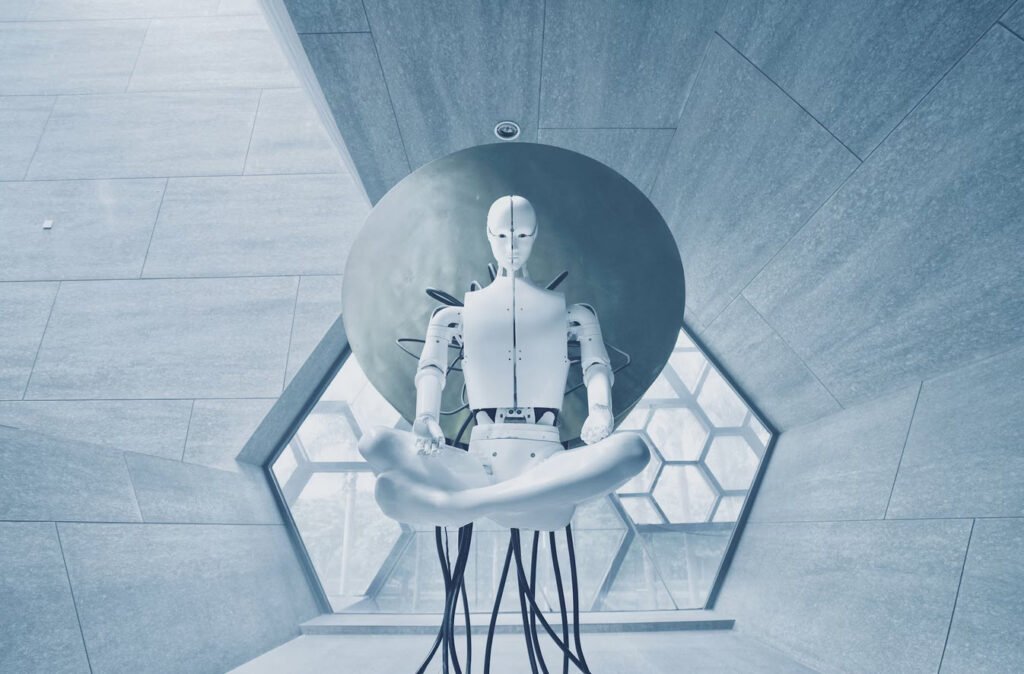Artificial Intelligence (AI) has been a topic of fascination and speculation for decades. From science fiction novels to Hollywood blockbusters, the idea of machines surpassing human intelligence has captivated our collective imagination. Now, according to a survey of more than 350 AI researchers, there is a 50% chance that machines will outperform humans in all tasks within 45 years. This places the timeline around the year 2060.
AI’s rapid progression is undeniable. For instance, GPT-3.5, a language model developed by OpenAI in 2022, scored 213 out of 400 on the Uniform Bar Exam, placing it in the bottom 10% of human test-takers. Just months later, its successor, GPT-4, scored 298, placing it in the top 10%. These advancements suggest that AI’s capabilities are expanding at an unprecedented rate.
The prediction that AI will surpass human capabilities by 2060 is based on several factors. Firstly, AI’s ability to learn and adapt is improving. Machine learning algorithms can now analyze vast amounts of data, identify patterns, and make predictions with increasing accuracy. This allows AI to master complex tasks, such as language translation, essay writing, and even surgery, much sooner than previously anticipated.
Secondly, the development of AI is being driven by significant investment and research. Tech giants like Google and IBM are pouring resources into AI research, leading to breakthroughs in areas like natural language processing, image recognition, and autonomous vehicles. This influx of resources is accelerating the pace of AI development.
However, the prospect of AI surpassing human capabilities raises several important questions. What will be the social and economic implications of such a development? How will society adapt to machines that can perform all tasks better and more cheaply than humans? And perhaps most importantly, how can we ensure that the development and deployment of AI is done in a way that is ethical and beneficial to all of humanity?
While these questions don’t have easy answers, they underscore the importance of ongoing dialogue and regulation in the field of AI. As we move closer to the predicted 2060 milestone, it will be crucial for policymakers, researchers, and society at large to engage in discussions about the implications of AI and how to navigate its challenges.
In conclusion, the prediction that AI will surpass human capabilities by 2060 is a testament to the incredible progress being made in the field of AI. However, it also serves as a reminder of the need for careful consideration and regulation as we navigate this new frontier. As we stand on the precipice of this new era, it is clear that the decisions we make today will shape the role of AI in our society for decades to come.




Pingback: Apple vs Microsoft – The Battle of AI Language Models - Tech Hyme
Pingback: Top 3 Ways to Run Multimodal AI Models Locally on Your Computer - Tech Hyme